New update report from Wye-Usk Transition Lab
After more than two years of activities and over 200 stakeholders, where has Wye-Usk Transition Lab got to? Jyoti Banerjee introduces the Sept 2025 progress report.
The Wye and Usk are beloved rivers situated in landscapes we cherish for their beauty, rely on for recreation and depend upon for agriculture. Yet these beloved rivers and their landscapes are in decline. Decades of industrial activity and agricultural runoff have left them polluted whilst rural populations live in poverty with declining outcomes for health and well-being.
Simultaneously, farmers are encouraged to use damaging fertilisers and practices to extract a diminishing return from the unhealthy surrounding landscape, with few incentives and little long-term support to escape this degenerative spiral.
This combination of factors is something we find across the UK and internationally. They are the symptoms of failures within the system which creates a degenerative state that numerous positive interventions in the Wye and Usk landscape have failed to tackle.
Recognising this, the Wye-Usk Transition Lab was created not to impose another external fix, but to ask a more profound question: how can a regenerative system be built from within the landscape itself?
Over the past two years, North Star Transition has facilitated a unique collaboration between more than 200 stakeholders, from farmers and local businesses to environmental groups and regulators. These disconnected allies came together, not to find a few silver bullet solutions, but rather to understand what are the barriers to real systemic change,, to co-develop a vision and work together to make changes that seem impossible when working in disconnected silos.
This is only the beginning. Our new progress report - see link at the end of the blog - is not a final blueprint but a "way-marker" on this shared journey, showing where we have come from and sketching out where we could go.
The Systemic Challenges – And Opportunities
From hundreds of ideas and intensive discussions, a consensus emerged during the first phase of the Transition Lab around several interconnected themes as deeply interwoven factors of a single, complex challenge.
1. Profitable and Resilient Farming
The contemporary agricultural system is placing unsustainable pressure on farmers, who face a convergence of crises: deteriorating soil health, extreme weather events, rising input costs, and unfair market access. This is compounded by policy uncertainty, misaligned subsidies and regulations.
In the Transition Lab we explored creating bespoke farm plans with peer support, scaling up knowledge-sharing between farms, and encouraging market conditions that enable the type of food system outcomes we all want to see.
An example of this is the opportunity for the development of small-scale agroecological horticulture, exemplified by projects like OurFood1200, which aims to build affordable farms for new entrants, with long term leases, and connect them directly with urban markets, while ensuring that value is retained locally. With three more farms imminently becoming part of this initiative, examples like this show the viability and tangibility of the region’s locally owned, economically and environmentally sustainable direction of travel.
2. Landscape Restoration Through Nature-Based Solutions
A persistent barrier to progress has been the perception of environmentalism as a fringe concern, disconnected from economic realities. However, the environment cannot be disconnected from economic questions.
Unlocking better risk management and longer-term agricultural viability of the land means integrating Nature-based Solutions (NbS). Namely, working with nature to solve challenges in ways that benefit both people and the environment.
Current mechanisms to value NbS often act as patches rather than integrated fixes. For instance, carbon or nutrient credits frequently pay for a single outcome, rather than recognising the multiple positive benefits that those actions can derive for nature and the local community. For example, the intersecting benefits of projects like wetland creation, which can simultaneously sequester carbon, reduce nutrient runoff, increase biodiversity, and manage water flow.
A powerful example of NbS is the ‘Leaky Woody Debris’ initiative, a cost-effective method where natural structures are installed in waterways to slow flow, reduce flood risk, and improve habitats, all while building trust and opening conversations with farmers about wider land management. The resultant increased stakeholder understanding of the landscape fosters community cohesion, and a collective sense of responsibility and pride in the region, as visible benefits show a proof of concept to farmers quickly, which can be shared with fellow farmers and community members.
Looking ahead, these trials and other landscape-oriented case studies will require much greater scale and capital, alongside alignment of support mechanisms and regulation if they are to expand into region-wide practices or larger pilots.
3. Decentralised Renewable Energy and Decarbonised Transport
The need for integrated energy solutions and energy democratisation was a significant theme in Wye-Usk Transition Lab discussions. Many stakeholders are eager to engage in renewable energy, from farms to local authorities, but multiple barriers exist that prevent the region from realising the benefits possible through energy. Viability of local energy projects is inhibited by high setup costs vs returns on investment, limited or outmoded grid capacity and technical and regulatory challenges associated with managing supply and demand.
To maximise local energy generation and usage, from households and public sector to farm rooftops and wind, opportunities include installation of mini-grids and localised energy trading and storage, coordinating infrastructure development, scaling up transport electrification and providing access to more affordable finance. Implementing such strategies could open the value chain of the energy system to the maximum number of beneficiaries and capture the most value for the region.
4. Finance and Governance for a New System
It is abundantly clear that mainstream financing approaches are inadequate to the diversity of challenges surfaced. Large financial institutions are often risk-averse and require returns at a scale that is incompatible with localised, regenerative projects.
Therefore, innovation is essential. This includes blending public, private, and philanthropic capital, and redesigning incentive schemes that have proven unfit for purpose. We must develop financial products suited to transition periods, address governance tensions like land tenure that are invisible to traditional asset managers and create cooperative models that ensure benefits remain localised.
Institutions like the Development Bank of Wales, which offers reduced-interest loans for decarbonisation projects, are critical partners in building a financial ecosystem that understands the flexibility and patience required to support long-term economically viable use of the landscape, rather than more predictable extraction from it which comes with an expiry date as the land deteriorates.
The Direction of Travel: From Ideas to Aggregated Action
The first phase of the Wye-Usk Transition Lab, where North Star Transition brought together a wide range of stakeholders, focused on sharing ideas and building a common vision. The next phase will be action focused. North Star Transition’s central strategy for this threefold: scaling, aligning and resourcing.
Our report makes clear that isolated projects, no matter how innovative, are insufficient. The key, then, is to align small actions and actors into cohesive and tailored levers for systemic change with the possibility of resourcing them at scale. By clustering farms to share resources, linking NbS projects across a catchment, and/or bundling local energy schemes, we can achieve an impact far greater than the sum of the parts.
This is where the efforts of the next phase of the Transition Lab will be focused. Some focal points include:
Supporting existing projects in the landscape, and making connections across projects to amplify collaboration, such as around local food markets
Supporting systemic alignment to enable farmers and land managers to participate in nature-based solutions at scale
Building capacity for financing mechanisms that enable investment across the Wye and Usk areas while retaining local ownership
Taking a regional approach to enable increases in locally owned renewable energy generation and storage, and connection with energy users such as transport
Using health and wellbeing as a lens by which we can assess actions within the transition lab, and as a driver for specific actions.
An Open Invitation
The Wye-Usk Transition Lab is an ongoing collaborative process designed to synthesise the patchwork of existing efforts into system-level transformation. The journey to regenerate our beloved landscapes is long and complex, but a clear direction of travel is emerging from the ground up.
We invite you to read the full progress report to explore these themes in greater detail. More importantly, we invite you to join us. We welcome your feedback, your participation, and your shared ownership of the vision laid out here as we work to build a flourishing, regenerative future for the Wye and Usk.
To provide feedback or get involved, please email us at: wyeusktransitionlab@northstartransition.org.
Read the full report here: Wye-Usk Transition Lab progress report Sept 2025
Read the full report in Welsh here: Adroddiad Cynnydd Labordy Trawsnewid Gwy-Wysg - Medi 2025


